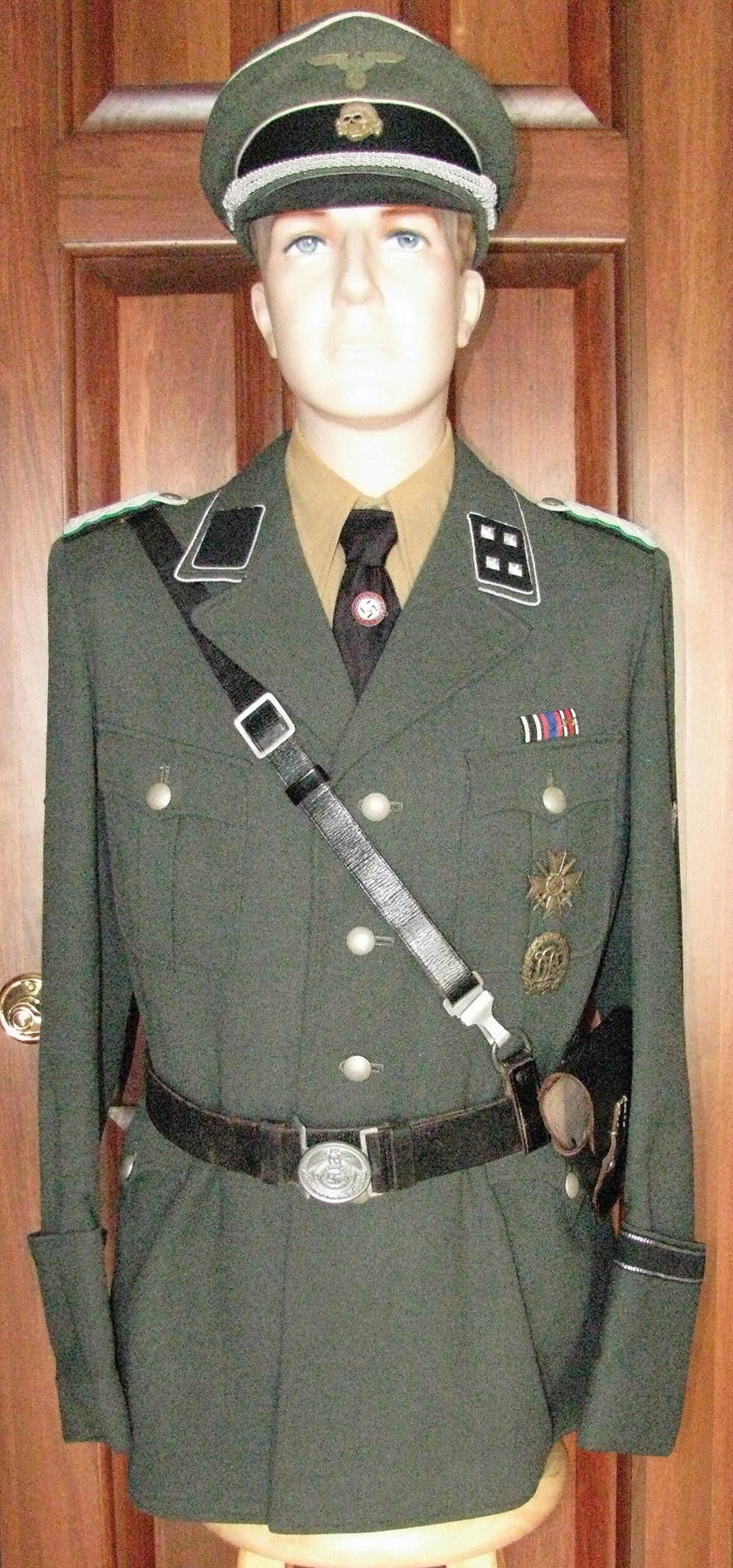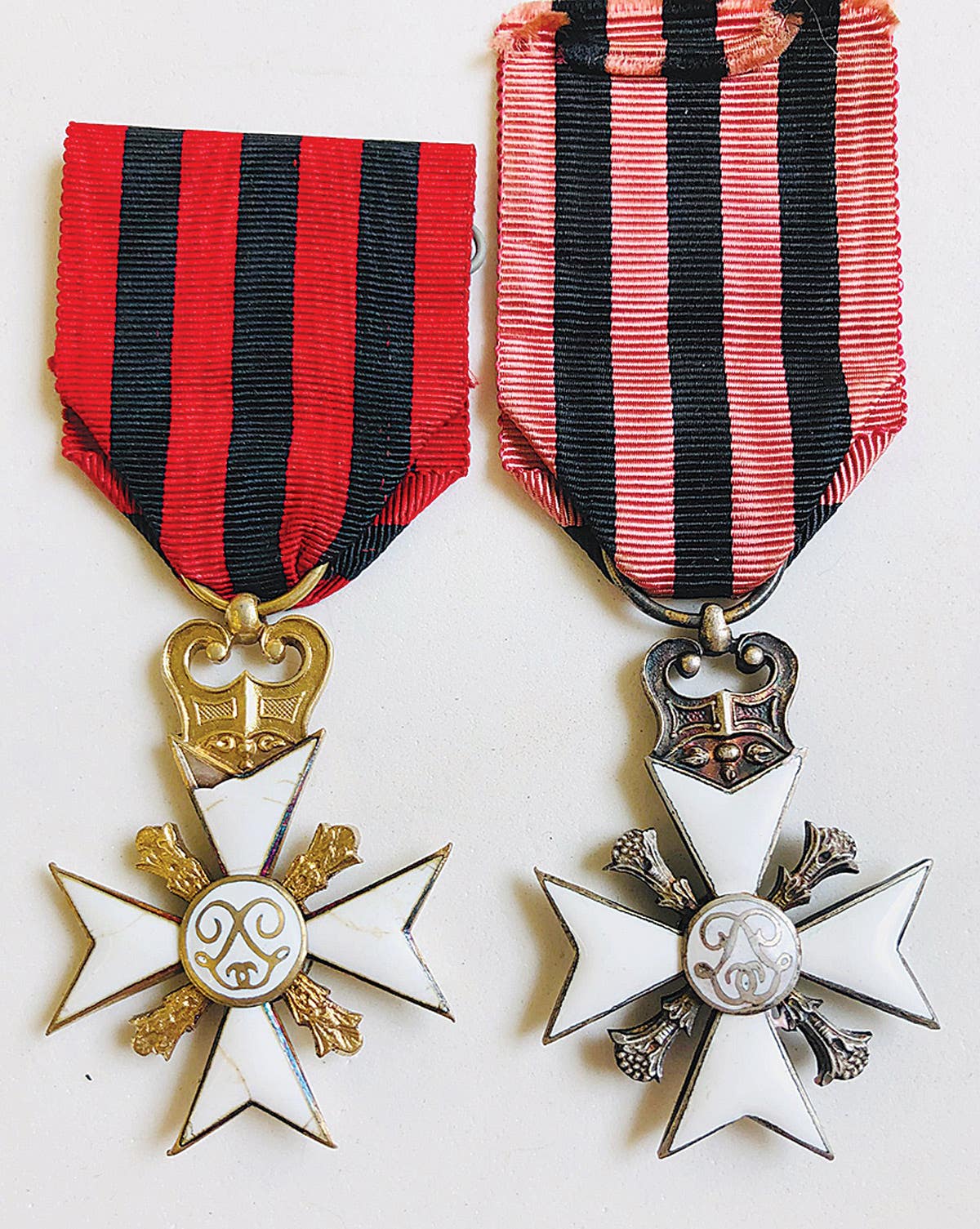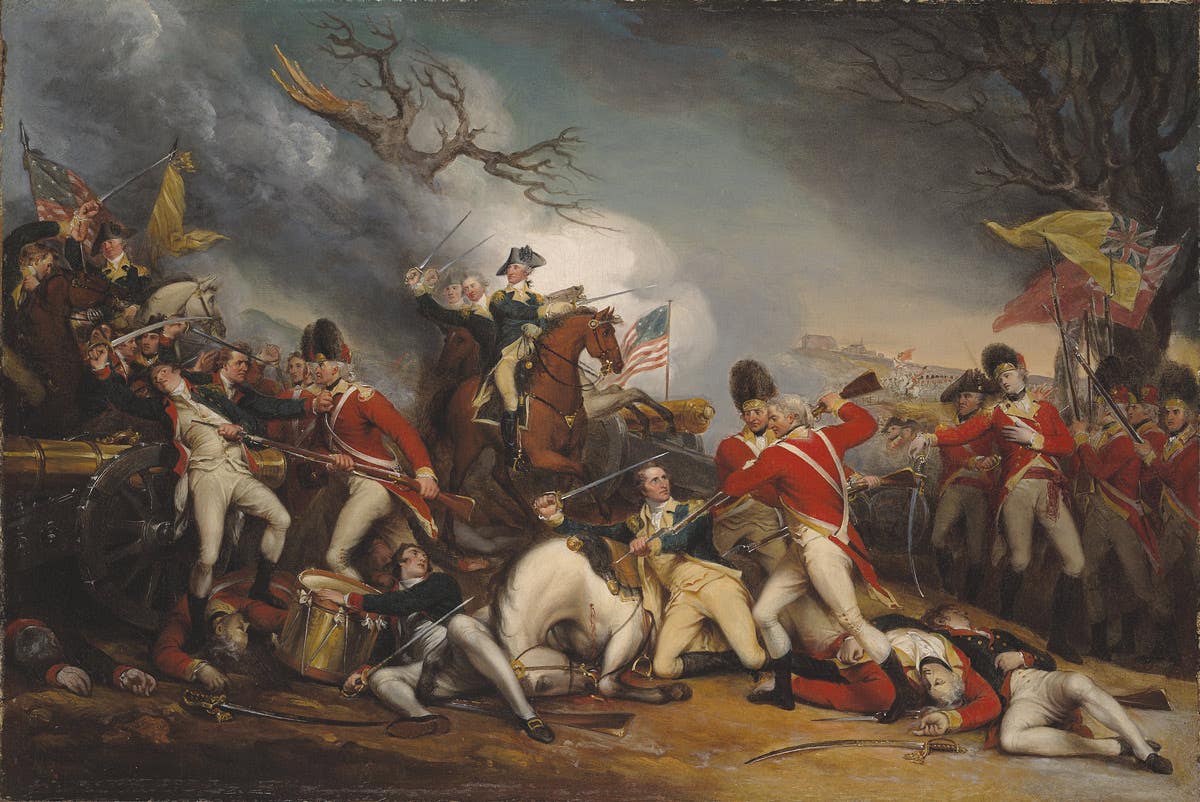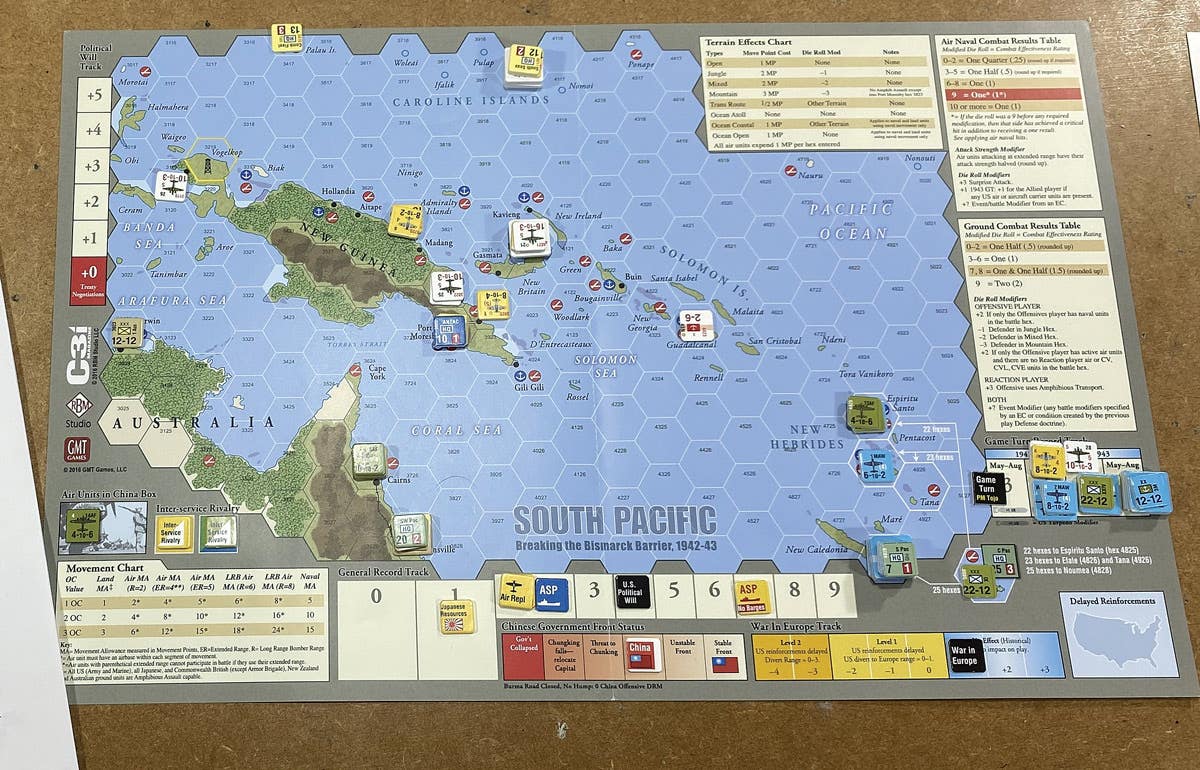Soldbuch Returned to Third Reich Veteran
American soldier’s son searches for German owner of war relic.
The scene could have come straight from a screenplay. It is 1944, and the American Army is pushing retreating Germans out of France across the Rhine River. Sniper fire is a constant threat, and when the war-weary Americans capture two enemy soldiers, vengeance seethes to the surface. Against the military discipline so valued by their commanding officer Maj. Vincent Jerome Bellis, the troops issue an order to the POWs: Run. One of the men is shot down in the bloody target practice; the other is wounded. Their "Soldbucher"--soldier's identification books--are delivered to Bellis.
Each German soldier carried a Soldbuch in which a record of his service was maintained. It was a book like this Vincent Bellis Jr. returned to the German veteran who had surrendered it more than 60 years ago.
Fast forward 61 years to 2005 in Greenville, where Vincent Jerome Bellis--this one a junior--is perusing the worldly possessions of the senior, who died in December 1998. From a metal box, a German first-aid kit brought home by Bellis Sr., he retrieves the soldbuch of 19-year-old Andreas Hupfer, wounded long ago by frustrated soldiers in the elder Bellis' charge.
"His men did it without his knowledge," offered Bellis, a retired East Carolina University botany professor. "I think that's why he kept the book, because I think it irritated him very much. I don't know otherwise why he would have kept it."
He speaks standing over a dining room table layered with artifacts of his father's service: a battle map depicts a blue Rhine snaking across terrain; yellowed newspaper clippings relaying to folks back home the exploits of the Penn Yan, N.Y., native and commander of an engineering battalion.
Some of the data recorded in a Soldbuch are the particular awards and citations a soldier received--making such books valuable to collectors.
Bellis' wife, Ann, provides her own take on why her husband's father kept the soldier's book. "I think it saddened him," she said of the shooting incident. Bellis said he'd known of the book since he was a child.
He took the bound document--which included immunization records, biographical information, dates of leave, gas-mask tests and, in the back, a printed code of conduct for German soldiers--to a German language professor at East Carolina University who helped him translate it.
In early 2005, Bellis used that information to start a search for the family. "When I started out, I didn't think I would be giving it to a person," Bellis said. "I thought I would be giving it to a family. I had no idea (Hupfer) was still alive."
Individual clothing issues were also recorded.
A response from the German Red Cross early in the search seemed to confirm his first suspicion. The organization reported that Hupfer was born in 1925 in Deckersberg, was captured and served in a French prisoner of war camp--and that he had died at 62.
A few months later, the Red Cross wrote back, "We made a mistake: He's still alive and living in Deckersberg," Bellis recalled. One letter to the family, complete with pictures of the Soldbuch, went unanswered. The Bellises later found out his relatives couldn't read English well enough to understand the missive.
Google came to the rescue. Bellis found on the Internet search engine the itinerary of a Canadian teacher who had taken students to the town where her father was born. He sent her an e-mail in Toronto explaining his quest.
It turned out that the woman's mother was visiting from Germany, and she just happened to know the family. In grade school, she taught Hupfer's son, Georg.
Correspondence flew, travel arrangements were made, and in May the Bellises found themselves in Deckersberg, Germany. There, Vince and Ann met face-to-face the snowy-haired old soldier who had a chance run-in with the American commander in 1944. "I gave him back his book," Bellis said simply.
Hupfer, who was 81 during the visit, lives on the farm where he was born. The octogenarian delivers the local newspaper and uses a tractor to bring firewood from the forest. "He prides himself on his rabbits," Bellis said.
With the help of a local newspaper reporter who covered the meeting, the American and German were able to communicate: But the encounter didn't trigger any effusiveness on Hupfer's part. "He's an older gentleman, and not terribly expressive," Bellis recalled. "He would come up and rattle at me in German, and I'd say 'Ich nicht spreche,' (I don't speak German) and it had no effect on him. He says he has no idea how my father got his book. And he doesn't remember being captured by the Americans," Bellis said.
"He says he was shot in the knee, and he was with a friend who was killed ... shot in the head," which Bellis surmises could be the incident recalled by the major. But Hupfer also said he was shot 20 years ago - revealing a memory strained by age and the mists of time, said Bellis. "He also claims he was shot in Russia, which is kind of unlikely" given the time frame, Bellis said.
The family had prepared for the Americans' arrival with a manicured lawn and sweet torts. "Then we sat around the yard and had wine and soft drinks and all that kind of stuff," Bellis said. Ann Bellis said the local reporter "was wonderful about drawing (Hupfer) out. He told her things he had never told the family."
Reminiscences spurred the family into the attic, where they found the soldbuch that had been reissued in November 1944, and papers recording his leave from the French POW camp to visit his parents "if he promised to come back," Vince Bellis recalled.
With the trip to Deckersberg concluded, the younger Vincent J. Bellis satisfied his own curiosity, and completed an unfulfilled mission of his father's. "I can't think of any other reason why he would have kept that thing," Bellis said.
"I'm pleased about it," he said of the couple's successful mission to return the Soldbuch. "I think they were pleased to get it, and I think they got a greater appreciation for his role in the war and his life." The Bellises sensed no animosity, no hostility, from the Hupfers or the other Germans they encountered on the four-day stint. Vince Bellis recalled one of their host's summation: "That was a long time ago: That war is over."







